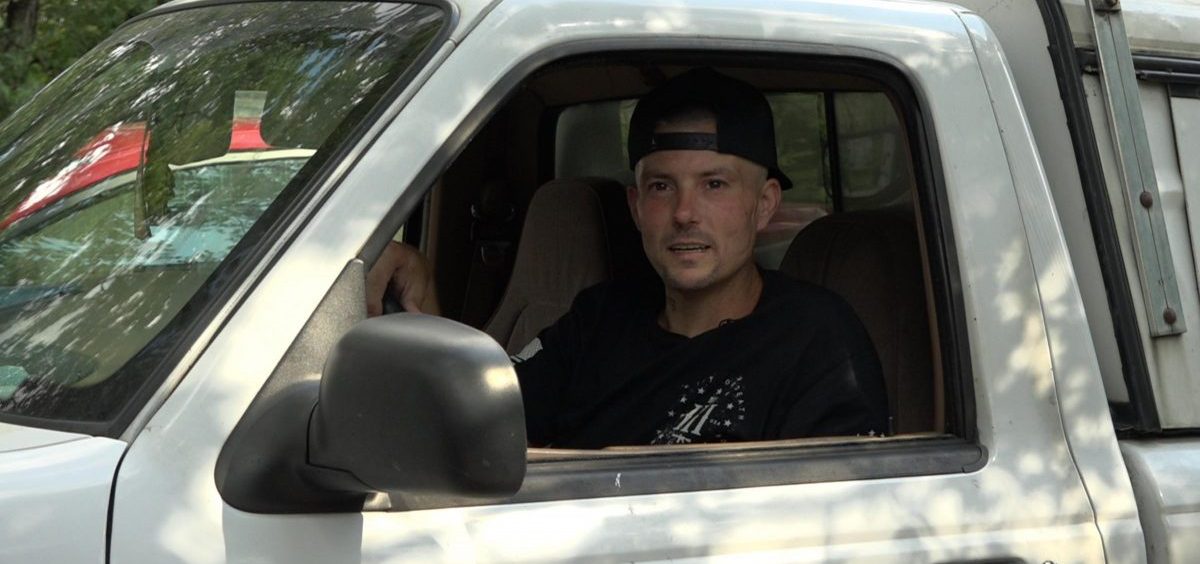News

State Starts Another Round of Amnesty for Drivers’ Licenses
By: Karen Kasler | Statehouse News Bureau
Posted on:
Over 340,000 people could get back on the roads legally – sometimes after many years of not being able to pay reinstatement fees.
After a six-month pilot period that ended in July, the state is restarting a shortened amnesty program for Ohioans who’ve lost their drivers’ licenses. Most are low-income Ohioans who’ve fallen behind in paying reinstatement fees and find they’ve piled up so high that they’re unaffordable.
One of those who benefitted from the last round of amnesty was Chris Damron of Columbus, who lost his license for failing to pay child support when he was 19.
Almost two decades later, he’s in recovery and owns a painting business – and is a licensed driver again, after having $1500 in reinstatement fees waived earlier this year.
“Getting my license back was the last part of my puzzle of putting my life back together. That 20 years of driving without my license was terrible – always looking over my shoulder,” Damron said. He’s speaking out to encourage others to consider going through the process and getting their licenses restored too.
There are 25 non-violent and non-drug or alcohol related offenses that are eligible for the program, and those who apply for amnesty must have completed all court actions related to their offenses. The Ohio Department of Public Safety says 343,297 are eligible for the program. Several municipal courts around the state plan clinics to help people go through the process.
In the first round of amnesty, 7,000 drivers who’d completed court actions got their licenses back and $60 million in reinstatement fees were waived. The program expired in July and couldn’t be restarted until the state budget took effect on October 17. The program now closes on December 31.
But lawmakers are looking at a bill to make it permanent. A vote on the bill is expected at its next committee hearing, so there’s a chance it could be on the House floor before the end of the year.

